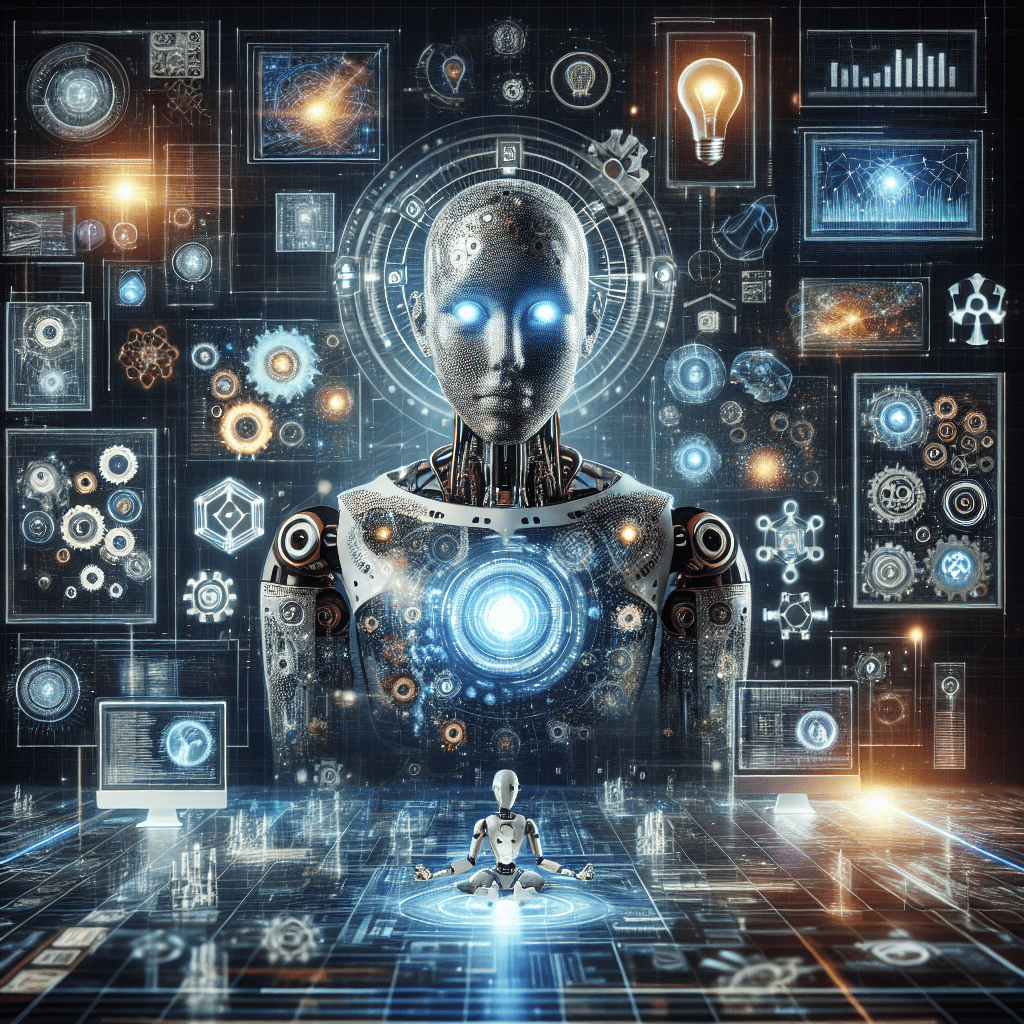Artificial Intelligence (AI) is rapidly transforming the way we live and work. From improving healthcare to revolutionizing transportation, AI is making significant advancements in various sectors. As AI continues to evolve, its impact on society is becoming more profound. In this article, we will explore the future of AI innovation and its potential implications.
The Rise of Artificial Intelligence
AI has come a long way since its inception. From simple algorithms to complex neural networks, AI has made remarkable progress over the years. Today, AI is powering autonomous vehicles, chatbots, virtual assistants, and more. With the advent of machine learning and deep learning, AI is becoming more sophisticated and capable than ever before.
The Future of AI Innovation
The future of AI innovation holds endless possibilities. As AI technologies continue to advance, we can expect to see AI playing a more significant role in our lives. Some of the key areas where AI is poised to make a significant impact include:
- Healthcare: AI is revolutionizing healthcare by enabling early disease detection, personalized treatment plans, and more accurate diagnoses.
- Transportation: AI is driving the development of autonomous vehicles, making transportation safer and more efficient.
- Finance: AI is transforming the finance industry by improving fraud detection, risk assessment, and customer service.
- Education: AI is enhancing the learning experience by providing personalized learning solutions and real-time feedback to students.
- Retail: AI is reshaping the retail industry by enabling personalized shopping experiences, inventory management, and targeted marketing.
Implications of AI Innovation
While the potential benefits of AI innovation are vast, there are also concerns about its implications. Some of the key challenges associated with AI innovation include:
- Ethical considerations: AI raises ethical questions around privacy, bias, and the impact on jobs.
- Regulatory challenges: The rapid advancement of AI technology poses challenges for regulators in terms of setting standards and ensuring accountability.
- Social impact: AI has the potential to exacerbate inequality and create social divisions if not implemented responsibly.
- Cybersecurity threats: AI can be exploited by malicious actors to launch cyber attacks and manipulate information.
Conclusion
AI innovation is reshaping the way we live and work. With its transformative potential, AI has the power to revolutionize industries, improve efficiency, and enhance our quality of life. However, as we embrace AI innovation, it is crucial to address the ethical, regulatory, and social challenges associated with AI to ensure that its benefits are realized responsibly.
FAQs
Q: What is AI innovation?
A: AI innovation refers to the continuous development and improvement of artificial intelligence technologies to achieve new capabilities and applications.
Q: What are the key areas where AI is poised to make a significant impact?
A: AI is expected to make a significant impact in healthcare, transportation, finance, education, and retail industries.
Q: What are some of the challenges associated with AI innovation?
A: Some of the challenges associated with AI innovation include ethical considerations, regulatory challenges, social impact, and cybersecurity threats.
Quotes:
“The development of full artificial intelligence could spell the end of the human race.” – Stephen Hawking
#Innovation #Future #Artificial #Intelligence


